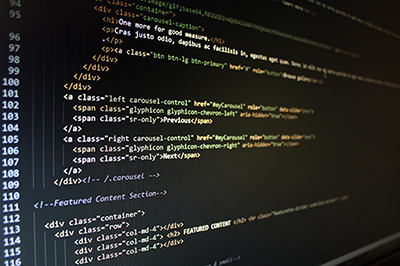- What is programming
- Compilers & interpreters
- Python interactive mode
- Python variables & expressions
- Python arithmetic operators
- Python comparison operators
- Python logical operators
- Python identity and membership operators
- Python assignment operators
- Python operator precedence
- Python lists
- Python list slicing
- Python list methods
- Python tuples
- Python sets
- Python set methods
- Python dictionaries
- Python strings
- Python string methods
Coding ▼
What is programming
Compilers & interpreters
Python interactive mode
Python variables & expressions
Python arithmetic operators
Python comparison operators
Python logical operators
Python identity and membership operators
Python assignment operators
Python operator precedence
Python lists
Python list slicing
Python list methods
Python tuples
Python sets
Python set methods
Python dictionaries
Python strings
Python string methods
Photography ▼
Basics
Exposure Triangle
ISO
Depth of field
Focal Length
Sensor and Crop-factor
Magnification
Exposure Simulation
Aperture ▼
Shutter-speed ▼
Physics ▼
Geometry ▼
Linear Pair of Angles
Triangle with sum of two sides
Triangles ▼
Centroid of a triangle
Orthocenter of a triangle
Circumcenter of a triangle
Incenter of a triangle
Congruency of triangles
Congruency of triangles: Is SSA a valid criteria?
Basic proportionality theorem
Triangle calculator
Coordinate Geometry ▼
Misc. ▼






